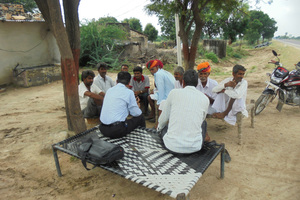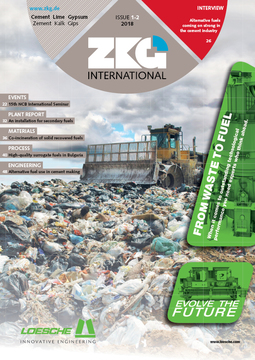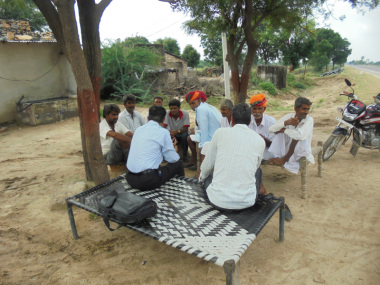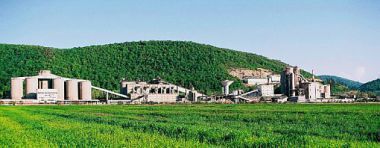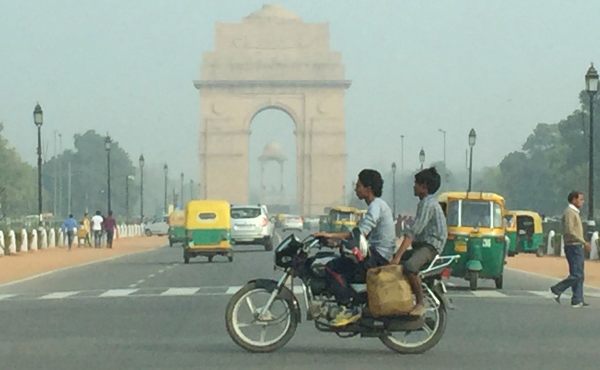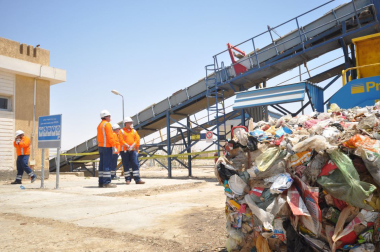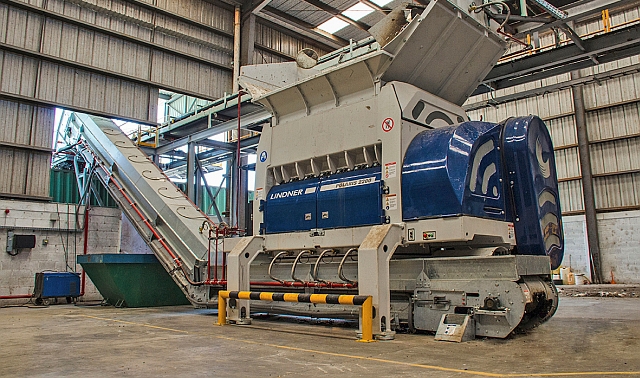Geocycle secures biomass needs from local farmers in India
Geocycle India is contributing to the Group’s sustainability strategy – the 2030 plan – by turning trash into fuel. The initiative to directly source biomass from farmers in India helps secure Geocycle’s biomass needs, offers farmers a better living, keeps trash from being improperly disposed and reduces our CO2 emissions.
At the Ambuja cement plant in Rabriyawas, Rajasthan, more than 12500 t of biomass have been processed in 2017 (compared to around 754 t in 2012). The Rabriyawas plant was buying biomass through third-party traders, but the Ambuja Cement Foundation (ACF) proposed an innovative, sustainable solution for biomass sourcing. Partnering with the farming community, they established a farmer-producer company to directly supply biomass to Geocycle India. Geocycle India worked closely with ACF to further streamline the value chain and also optimized the process for efficient biomass utilization at its facilities so that the volumes could be scaled up.
Biomass, or organic waste, is a carbon-neutral, renewable energy source. Generated in large quantities, it helps our cement plants reduce fossil fuel use in the production process thereby helping us meet our target of reducing net specific CO2 emissions by 40 % per ton of cement. This so-called co-processing of biomass (processing waste while producing fuel) also avoids the negative environmental and health impacts of improper disposal, like field burning.
In addition to being good for the environment, the farmers’ association helps in offering better production techniques to farmers and also ensures higher biomass supplies, establishing a common interest between the farmers and Geocycle that changes the relationship from dependency to partnership. More than 500 farmer families around the Rabriyawas plant benefit from this partnership, are able to share knowledge with each other more easily and have increased household revenues as a result. Geocycle plans to help farmers set up similar associations at our operations in Gujarat and Maharashtra, and eventually throughout the country. Geocycle India worked closely with ACF to further streamline the value chain and also optimized the process for efficient biomass utilization at its facilities so that the volumes could be scaled up.
//www.lafargeholcim.com" target="_blank" >www.lafargeholcim.com:www.lafargeholcim.com

